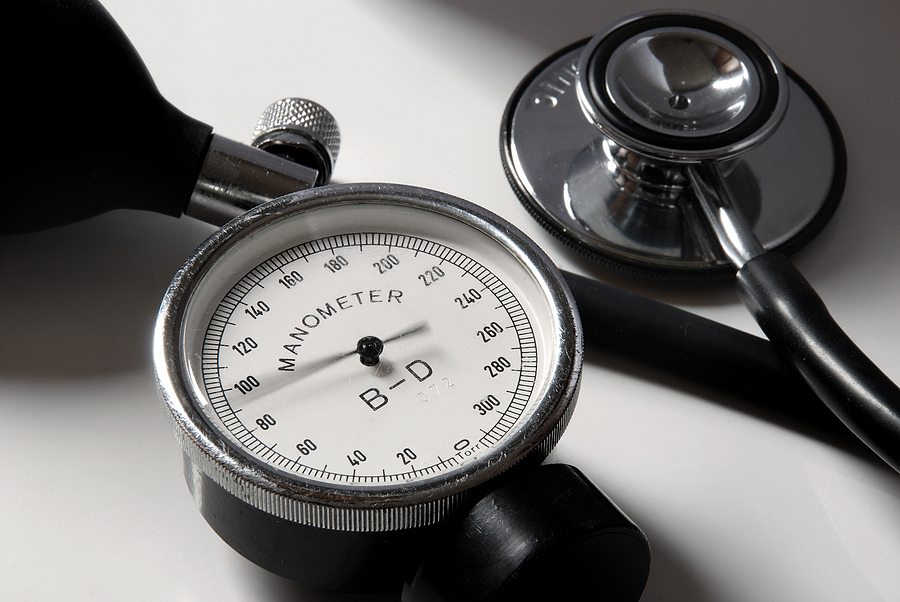In today’s fast-paced world, where health often takes a backseat to our busy schedules, the importance of regular health screenings, especially for heart conditions, cannot be overstated. Heart disease remains one of the leading causes of death worldwide, yet many of its risk factors are preventable with early detection and management. This blog aims to educate caregivers, families, and individuals about the critical role of regular heart screenings in maintaining cardiovascular health, the recommended types of screenings, and the frequency at which they should be conducted. By staying informed and proactive, caregivers can ensure that they and their loved ones receive the necessary care to prevent heart conditions and maintain overall well-being.
The Importance of Heart Screenings
Heart screenings are vital for early detection of heart conditions, many of which may not present obvious symptoms until they have progressed to a more severe stage. Regular screenings can identify risk factors such as high blood pressure, high cholesterol, and diabetes early on, allowing for timely intervention and management. For caregivers and those involved in home care or 24/7 care settings, understanding and facilitating these screenings for their loved ones is crucial in preventing heart disease and ensuring a healthy life.
While the following screenings are generally recommended for maintaining heart health, it’s essential for each individual to consult with their physician to develop a personalized wellness plan tailored to their specific health needs and risk factors.
Blood Pressure Checks: High blood pressure is a significant risk factor for heart disease. Regular monitoring can help manage this risk effectively. It is recommended to have your blood pressure checked at least once every two years, starting at age 18. If you have a history of high blood pressure or other risk factors, more frequent monitoring may be necessary.
Cholesterol Levels: High levels of LDL cholesterol (“bad” cholesterol) can lead to plaque buildup in arteries, increasing heart disease risk. Adults should have their cholesterol levels checked every 4 to 6 years, starting at age 20. Those with heart disease, diabetes, or a family history of high cholesterol may need more frequent screenings.
Body Mass Index (BMI) and Waist Circumference: Obesity is a significant risk factor for heart disease. Regular measurement of BMI and waist circumference can help assess and manage this risk.
Blood Glucose Tests: Diabetes significantly increases the risk of heart disease. Screening for diabetes through blood glucose tests should begin at age 45, with retesting every three years. Those with risk factors for diabetes may need earlier and more frequent testing.
Electrocardiogram (ECG or EKG): This test records the electrical activity of the heart and can help detect various heart conditions, including arrhythmias and heart damage.
Echocardiogram: This ultrasound test provides images of the heart’s chambers and valves, assessing the heart’s function and structure.
Frequency of Screenings
The frequency of heart screenings can vary based on individual risk factors, including age, family history, lifestyle choices, and pre-existing health conditions. Individuals should consult their healthcare professionals to determine the most appropriate screening schedule for themselves and their loved ones.
The Role of Caregivers in Heart Health
Caregivers play a pivotal role in ensuring that those under their care receive regular heart screenings and follow through with the necessary lifestyle changes and treatments. This includes scheduling appointments, providing transportation, and offering emotional support throughout the process. For those involved in home care, private duty, or 24/7 care, incorporating heart health into daily care routines is essential for promoting long-term well-being.
Regular heart screenings are a cornerstone of preventive healthcare, offering a powerful means to detect and manage heart disease risk factors before they escalate into more severe conditions. Caregivers, healthcare providers, and individuals must work together to prioritize heart health through regular screenings, lifestyle modifications, and timely medical interventions. By doing so, we can significantly reduce the burden of heart disease and ensure healthier, longer lives for ourselves and our loved ones.
Remember, heart health is a journey that requires ongoing attention and care. Let’s commit to regular screenings and proactive heart care to safeguard our health and that of those we care for.
If we can be of assistance in referring a caregiver who can meet the home care needs of you or a loved one, please contact us at (239) 920-3902. Our team at Collier Home Care is committed to delivering a personalized referral service that meets your individual needs and expectations. We believe in a client-first approach and we are ready to go the extra mile to ensure your complete satisfaction with our referral services.

